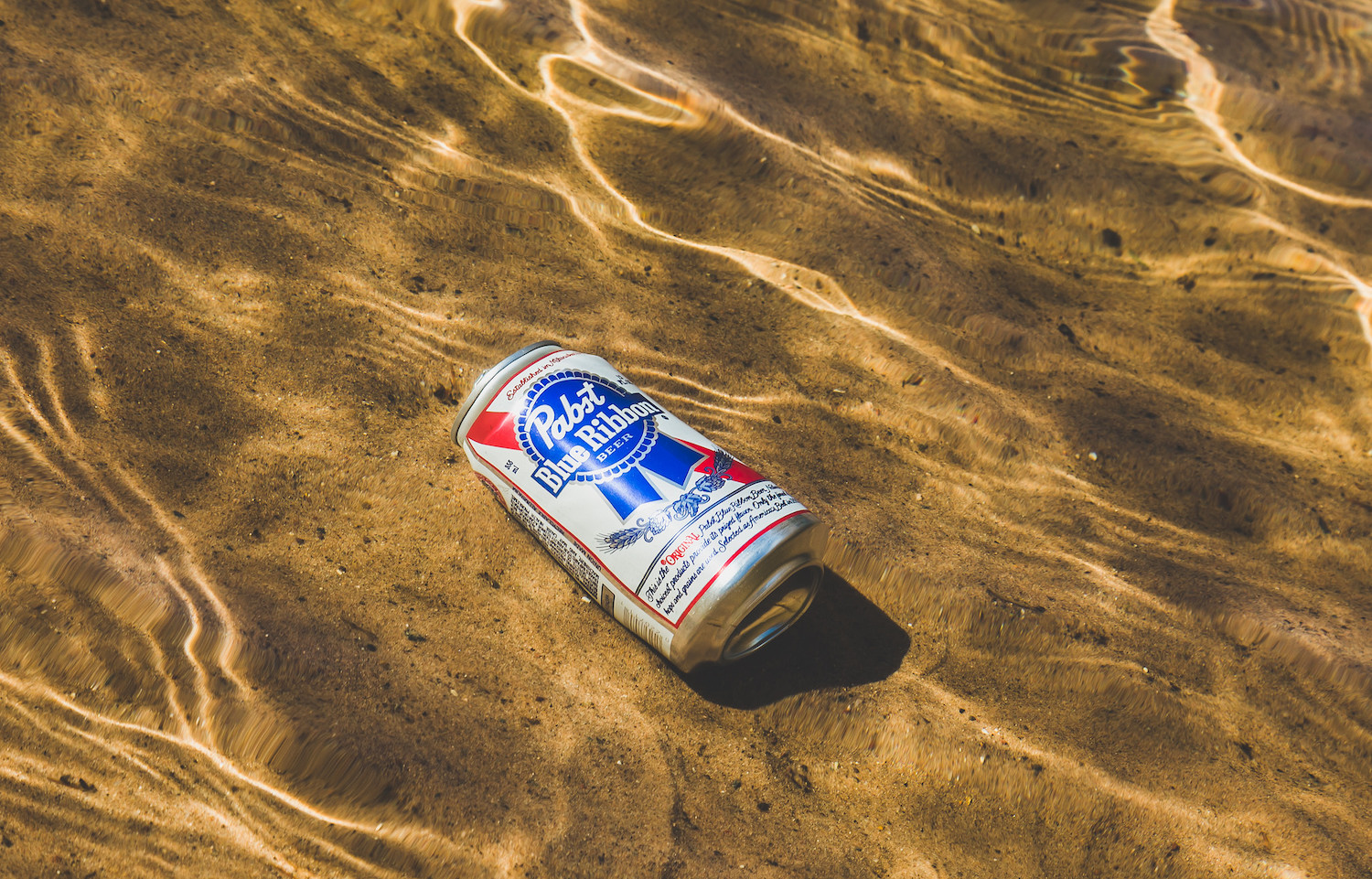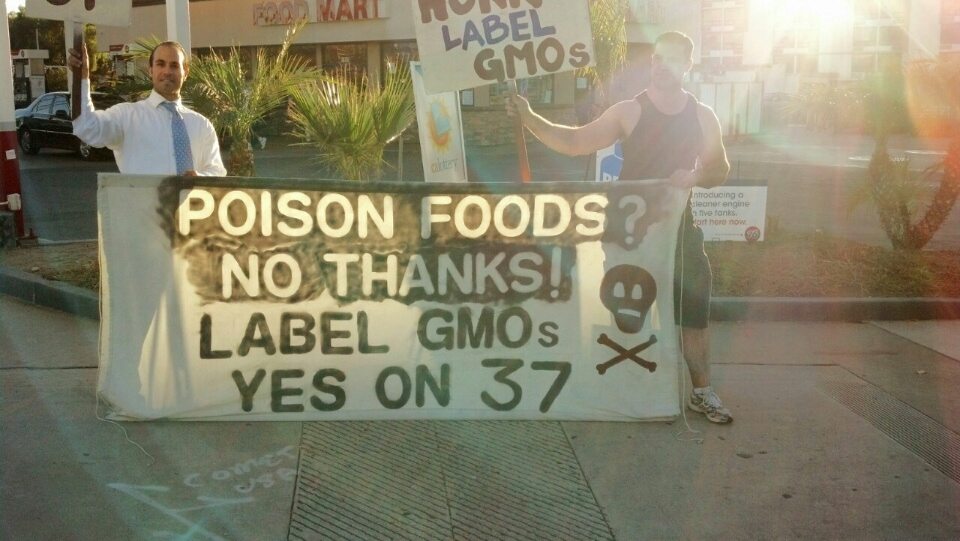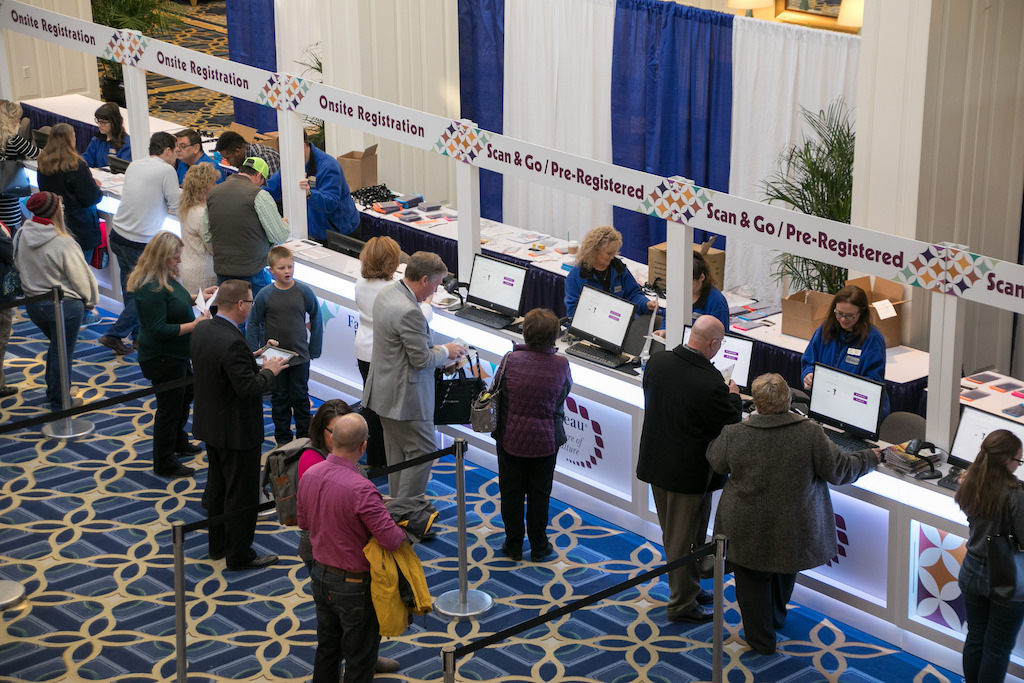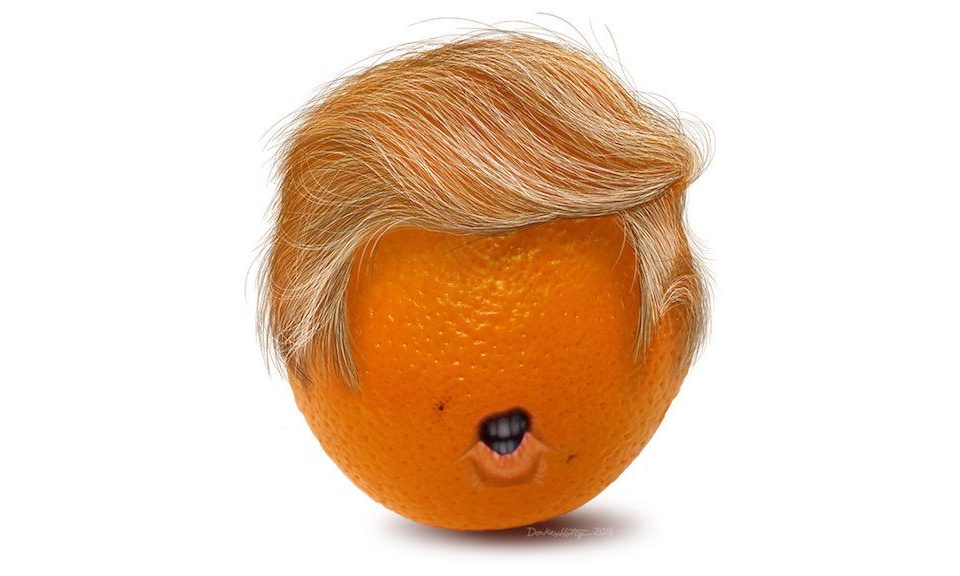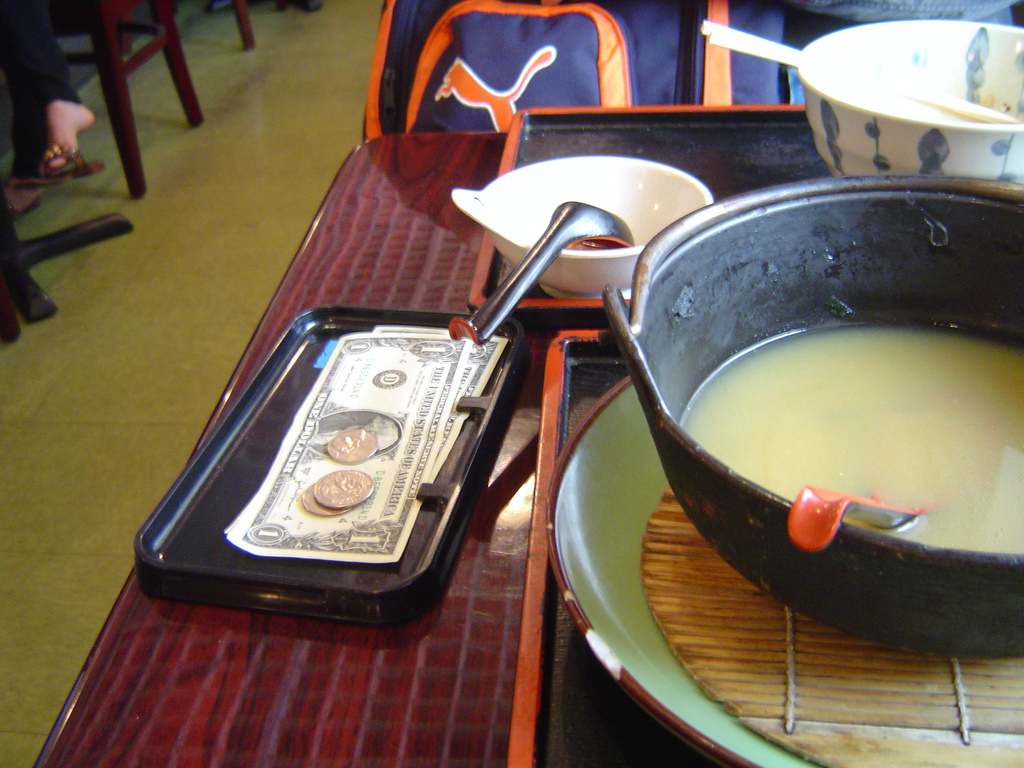Last week, I had one too many conversations about evil Big Food companies. Sure, the megacompanies of the world do things that a lot of us disagree with. But sometimes, when talking with friends in the food movement, I get the feeling I’m hearing about a costumed villain from a Marvel comic book. (Magneto, meet Monsanto. You’ve got a lot in common.)
But life isn’t a comic book. (Do you hear me, Donald?) For a classic example of what I’m talking about, let me tell you the story of Panalba.
Panalba was a drug developed by the Upjohn Company (which, two or three mergers downstream, now is part of Pfizer) in the late 1950s. It was part of a trend toward combining multiple antibiotics in a single pill—in this case tetracycline and novobiocin—and it was very successful. By 1968, sales of Panalba reached $18 million (roughly $130 million in today’s dollars), or 12 percent of Upjohn’s revenue for the year.
The trouble is, it wasn’t a very good drug. None of the combination antibiotics were, and Panalba was one of the worst of the bunch. About 20 percent of patients had an allergic reaction to novobiocin, the tetracycline was less effective than when used alone, and a dozen patients died of complications caused by the drug. Thirty members of the National Academy of Sciences wrote a paper recommending that all of the combo antibiotics be taken off the market.
Upjohn was eventually incorporated into Pfizer
Faced with compelling evidence that it had a bad product, Upjohn refused to give up. It battled to keep Panalba on the market, even filing a lawsuit that argued that FDA was interfering with physicians’ free speech. When the drug was finally pulled from the market in the U.S., the company continued to sell it abroad.
That’s not the part you need to know. That’s the part you could have guessed. Here’s the rest of the story.
A few years later, a Wharton marketing professor named J. Scott Armstrong decided to explore the case, using a simulation. He surveyed a pool of students on what they thought of Upjohn’s actions; 97 percent agreed that they were irresponsible. Then he had groups of students role-play the case. He told them he was testing their ability to make decisions in a crisis–not their social responsibility. Seventy-nine percent, standing in the shoes of Upjohn executives, followed their course of action exactly. Twenty-one percent chose strategies that were clearly irresponsible, but less so. Nobody simply voted to take the drug off the market.
Armstrong and others repeated the simulation hundreds of times. They came up with some other interesting comparisons. Young people, who were expected to be more socially responsible, were actually a bit worse than their elders. People in some countries were a bit more socially responsible than Americans; people in other countries were worse. No one was very good. “Social accounting”—where the test subjects were informed of the social costs of the decisions they were making—didn’t help at all.
Really, the only thing that seemed to help was to have people in the simulation who were assigned the role of representing other stakeholders. When that happened, the number of people choosing the more moral course increased to about 20 percent, and the number of people choosing the alternative dropped. The majority, however, still chose irresponsible courses. They were just less irresponsible.
Many people seemed to feel bad about what they’d done. But they still did it.
If you want to change the world (and that’s what we’re all trying to do around here), you should remember Panalba. You need to remember those thousands of people who made terrible, harmful decisions that deep down inside even they didn’t agree with. You need to look in the mirror and say, “If I ever find myself in that situation, I’m probably going to do just as lousy a job as all the rest of them.” Because you probably are.
It’s easy for those of us who are interested in reforming the world to fall into thinking that things need fixing because of the actions of greedy, uncaring, wicked people. What Panalba reminds us is how much damage can be done by good, caring people who find themselves in a role that has little to do with goodness and caring. Wait a minute, you say. I’ve never done the kinds of things that the CEO of Monsanto or Lehman Brothers has done. True, but you’ve never had to make those decisions. Lack of opportunity may be responsible for a lot of good behavior in the world, but it’s not a virtue.
None of which is to say you should despair. If you’re an entrepreneur, your company, your organization, can have a positive impact in the world. It can avoid the sorts of mistakes that get you featured in a business ethics case study. But it’s not going to be because you’re a good person. It’s going to be because you understand how hard it is for individuals to do the right thing, and because you build policies, protections, and smart structures into everything you do. As Armstrong discovered, including multiple stakeholders can help (on your board, for instance). So can a growth plan that doesn’t deliver your soul into the hands of a lender looking for a fast return on his investment.
If you’re not an entrepreneur, the same is true on a smaller scale. Be just as careful to avoid feeling superior in the cereal aisle.
I’m not much for citing passages from the Bible, but the more I learn about human nature, the more I keep coming back to Matthew 10:16: “Behold, I send you forth as sheep in the midst of wolves: be ye therefore wise as serpents, and harmless as doves.” That’s got the right idea. The world (that is, you, me, and everybody else) may be deeply flawed, but we don’t have to give up. What we do have to do is be realistic—especially about ourselves.
If you don’t want to turn out like the bad guys, here’s step one: Remember that you have it in you to become one.
Good luck. We all need it.







